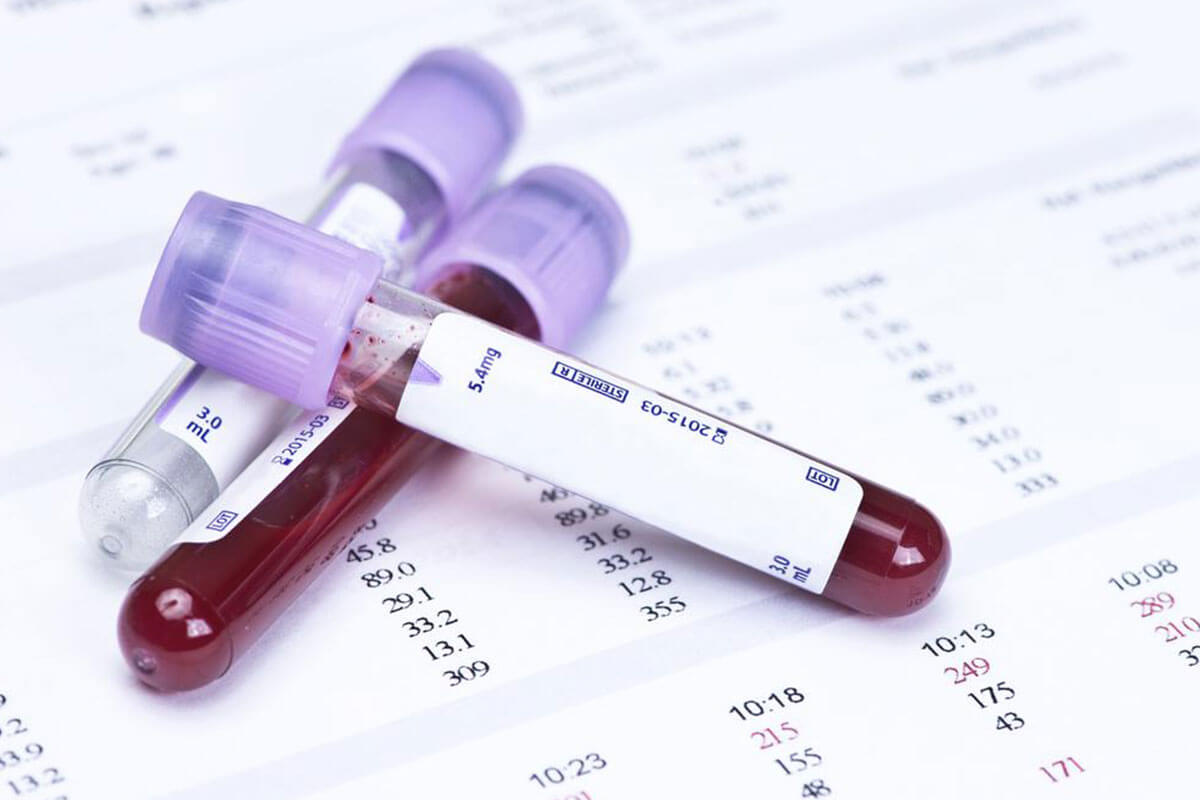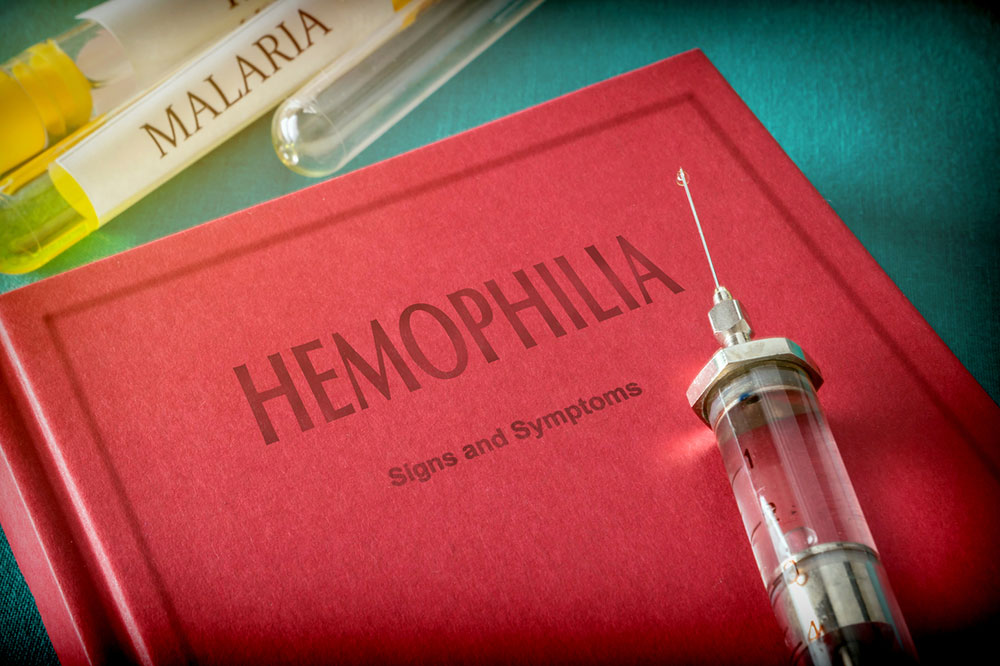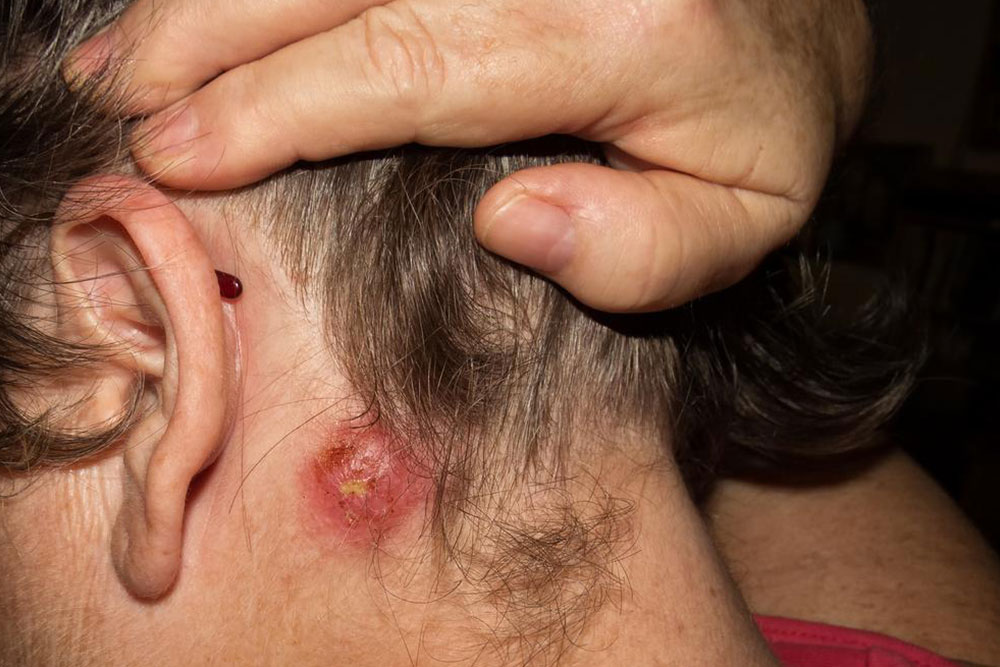Recognizing Hemophilia Signs: When to Seek Medical Care
Recognize early signs of hemophilia, such as easy bruising, spontaneous bleeding, and joint swelling. Seek medical attention promptly to manage symptoms effectively and prevent serious complications. The article emphasizes the importance of early diagnosis, especially in children, and advises on urgent situations requiring emergency care for this inherited blood disorder.

Recognizing Hemophilia Signs: When to Seek Medical Care
Hemophilia is a serious medical condition requiring prompt attention. If you notice certain symptoms, consult a healthcare professional immediately.
Hemophilia impairs the body’s ability to clot blood properly, leading to excessive bleeding even from minor injuries. It’s typically inherited, caused by deficiencies in specific clotting factors—factor 8 in Hemophilia A and factor 9 in Hemophilia B. Among diagnosed cases, over 80% are Hemophilia A. The severity varies from mild to severe, influencing how often bleeding occurs. Recognizing symptoms early allows for timely treatment, improving quality of life.
Signs of hemophilia include easy bruising, spontaneous bleeding, and prolonged bleeding after injuries or surgeries. Severe cases often involve bleeding into joints and muscles, leading to swelling and pain. Unusual bleeding after dental work, vaccinations, or unexplained nosebleeds are typical symptoms. Infants may show irritability without visible cause. If these signs are present, especially in the first two years of life, prompt medical evaluation is crucial. Pregnant women with a family history should consult their doctor for genetic testing and fetal assessment.
When Urgent Medical Attention Is Needed
If you experience bleeding from minor injuries, joint swelling, severe headaches, persistent vomiting, or signs of internal bleeding like seizures or changes in behavior, seek emergency care immediately. Internal bleeding can be life-threatening and needs urgent treatment.
Managing hemophilia effectively involves early diagnosis and treatment to prevent complications. Be vigilant for internal bleeding signs, and consult healthcare providers regularly to improve outcomes.
Note:
This article provides informative insights about hemophilia symptoms and when to seek medical help. It is intended for educational purposes and should not replace professional medical advice. Always consult a healthcare professional for personal diagnosis and treatment options.










